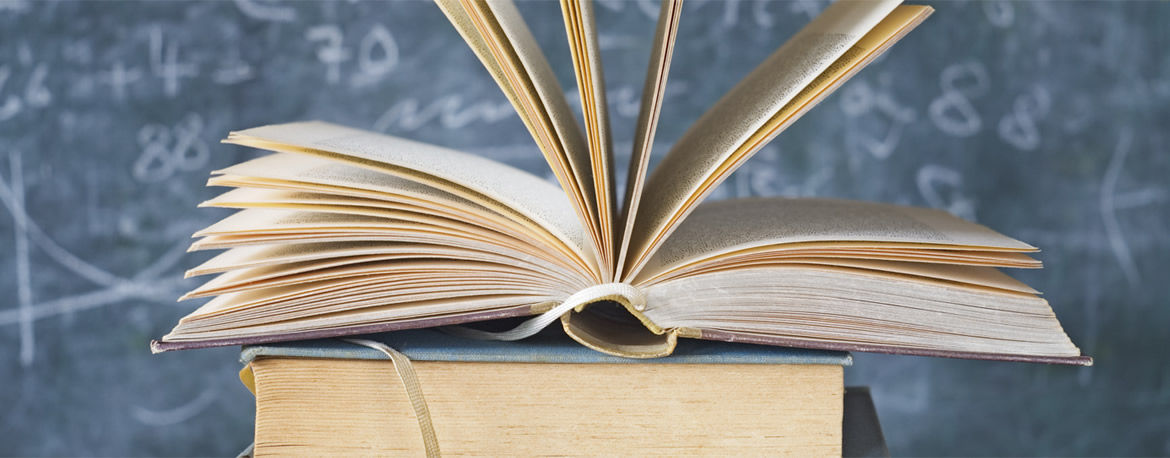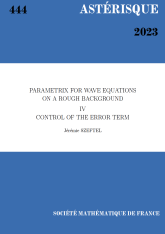Représentations des espaces tordus sur un groupe réductif connexe $\mathfrak {p}$-adique
Representations of twisted spaces on a connected reductive $\mathfrak {p}$-adic group

- Consulter un extrait
- Année : 2017
- Tome : 386
- Format : Électronique, Papier
- Langue de l'ouvrage :
Français - Class. Math. : 22E50
- Nb. de pages : 376
- ISBN : 978-2-85629-851-0
- ISSN : print 0303-1179, electronic 2492-5926
- DOI : 10.24033/ast.1013
Soit $F$ un corps commutatif localement compact non archimédien, de caractéristique quelconque. Soient $G$ un groupe réductif connexe défini sur $F$, et $G^\natural $ un $G$-espace tordu lui aussi défini sur $F$. On suppose que l'ensemble $G^\natural (F)$ n'est pas vide, et on le munit de la topologie définie par $F$. On fixe un caractère $\omega $ (i.e. un homomorphisme continu dans ${\mathbb C}^\times $) de $G(F)$. Dans ce mémoire, on développe la théorie des $\omega $-représentations (complexes, lisses) de $G^\natural (F)$ à partir de celle des représentations de $G(F)$. Une $\omega $-représentation de $G^\natural (F)$ est par définition la donnée d'une représentation $(\pi ,V)$ de $G(F)$ et d'une application $\Pi $ de $G^\natural (F)$ dans le groupe des $\mathbb C$-automorphismes de $V$ telle que $\Pi (x\cdot \delta \cdot y) = \pi (x) \circ \Pi (\delta )\circ (\omega \pi )(y)$ pour tout $\delta \in G^\natural (F)$ et tous $x,\, y\in G(F)$. Si la représentation sous-jacente $\pi $ de $G(F)$ est admissible, on peut définir le caractère $\Theta _\Pi $ de $\Pi $, qui est une distribution sur $G^\natural (F)$. Les principaux résultats prouvés dans ce mémoire sont :
- si $\pi $ est de longueur finie, alors la distribution $\Theta _\Pi $ est donnée par une fonction localement constante sur l'ouvert des éléments (quasi-)réguliers de $G^\natural (F)$ ;
- le théorème de Paley-Wiener scalaire, qui décrit l'image de la transformée de Fourier – l'application qui à une fonction localement constante et à support compact $\phi $ sur $G^\natural (F)$ associe la forme linéaire $\Pi \mapsto \Theta _\Pi (\phi )$ sur un groupe de Grothendieck adéquat ;
- le théorème de densité spectrale, qui décrit le noyau de la transformée de Fourier.


